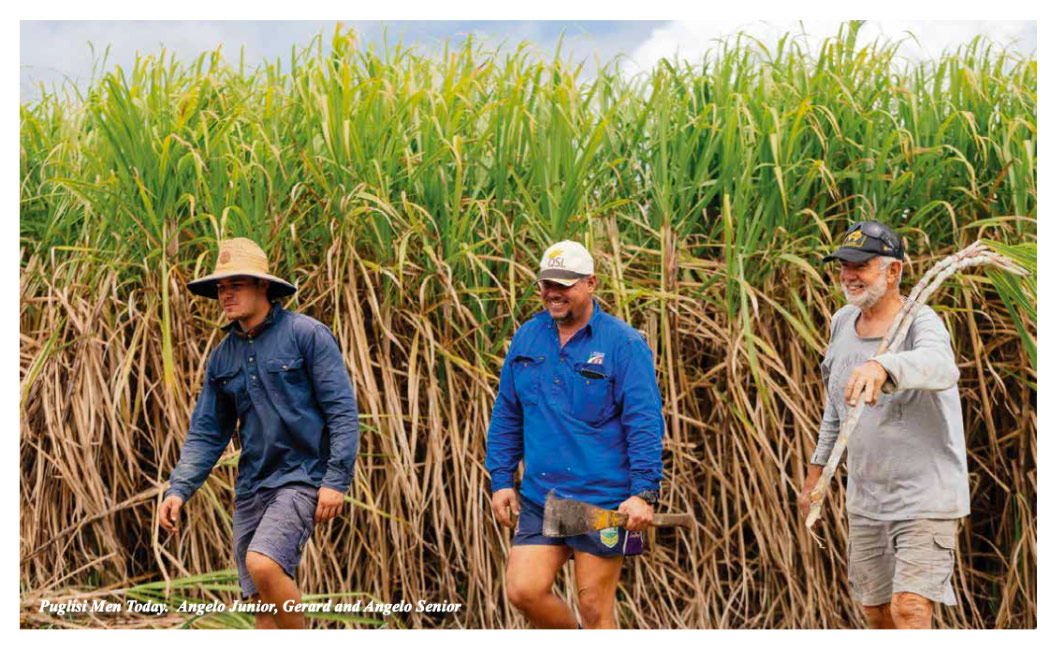
Words Tanya Snelling
-----------------
From war-torn poverty to sugar prosperity, discover the story of three families who set out from war-torn Europe in the hope of a better life.
Setting sail for Australia in the 1920s, the Leonardi, DiPalma and Puglisi families left the post-war poverty of Sicily and Naples with little more than self-belief, a will to work and the buzz of economic opportunities in Australia ringing in their ears. They were bound for the little-known town of Mossman in Far North Queensland which, at the time, was on the cusp of major sugar-related expansion.
As fate would have it, these men were destined to sow the seeds of a modern farming dynasty that continues to build on their affinity for the land, ability to see and seize an opportunity, and willingness to innovate to foster growth and the future of the sugar industry.
In time, the Puglisi and DiPalma families were farming neighbours, and more when romance blossomed between shy Mary DiPalma, granddaughter of patriarch Paolo Leonardi, and Renaldo Puglisi, aka Angelo, the charming boy next door. The tragic death of Mary’s only brother Albert as a young man saw the running of the DiPalma sugarcane farm pass to Mary and Angelo.
The tragic death of Mary’s only brother Albert as a young man saw the running of the DiPalma sugarcane farm pass to Mary and Angelo.

